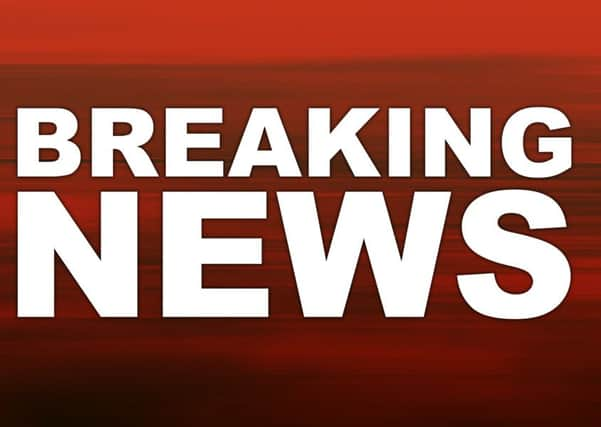BREAKING NEWS: High Court bans music at two Chesterfield bars


The ban was imposed by one of the country’s top judges, Mr Justice Barling, on Shaun Noble, who the court was told was caught playing recorded copyrighted tracks at the C2 Bar, at 25 Holywell Street, and S41 Bar, at 2 St Mary’s Gate, without a licence from Phonographic Performance Ltd (PPL). The judge also hit Noble with a legal costs bill of £1,901, which must be paid by 28 October.
Failure by Noble to obey the order and turn any premises he runs into a music-free zone until all licence fees are brought up to date would be regarded as contempt of court, the penalties for which can be fines of up to £10,000 and up to six months prison for individuals responsible.
Advertisement
Hide AdAdvertisement
Hide AdThe pay-up or shut-up order was imposed after the judge heard that a PPL inspector heard music being played on the premises, when Noble did not hold a PPL licence.
Tracks included “Braveheart” by Neon Jungle and “Comeback” by Ella Eyre at the S41 on 29 April and “House Every Weekend” by David Zowie and “Desire” by Tone L and Years & Years at the C2 a day late.
Maxwell Keay, representing PPL, told the judge that solicitors had sent letters to the premises informing Noble of the nature and extent of PPL’s repertoire and the fact that the playing in public of sound recordings without PPL’s licence or permission constitutes infringement of its copyright, and inviting him to acquire a licence.
The ban applies to all forms of mechanically recorded music such as records, tapes and CDs in PPL’s repertoire.
Advertisement
Hide AdAdvertisement
Hide AdThe case serves as a warning to all premises in the area – clubs, pubs, shops and other venues - where music is played and the public are present that the PPL music police have their eye on the region.
Christine Geissmar, Operations Director, PPL said: “There is an intrinsic value that recorded music adds to businesses, and this judgement acknowledges that the performers of the music and record companies should be fairly rewarded.
“Businesses that choose to play recorded music without a licence may face legal action and financial and other consequences as a result. Legal action is only ever sought as a last resort where a business continues to play music following repeated attempts from PPL to get the correct licensing in place.
“PPL issues licences to hundreds of thousands of businesses and organisations across the UK when they play recorded music to their staff or customers. Licensees include bars, nightclubs, shops, hotels, offices, factories, gyms, schools, universities and public sector organisations up and down the country.
Advertisement
Hide AdAdvertisement
Hide Ad“After the deduction of PPL’s running costs, all licence fee income is distributed to PPL’s record company and performer members. The majority are small businesses, all of whom are legally entitled to be fairly paid for the use of their recordings and performances. PPL does not retain a profit for its services.”
Mr Noble told the Derbyshire Times the bars are open as normal and he was currently in talks with PPL to get the situation resolved.